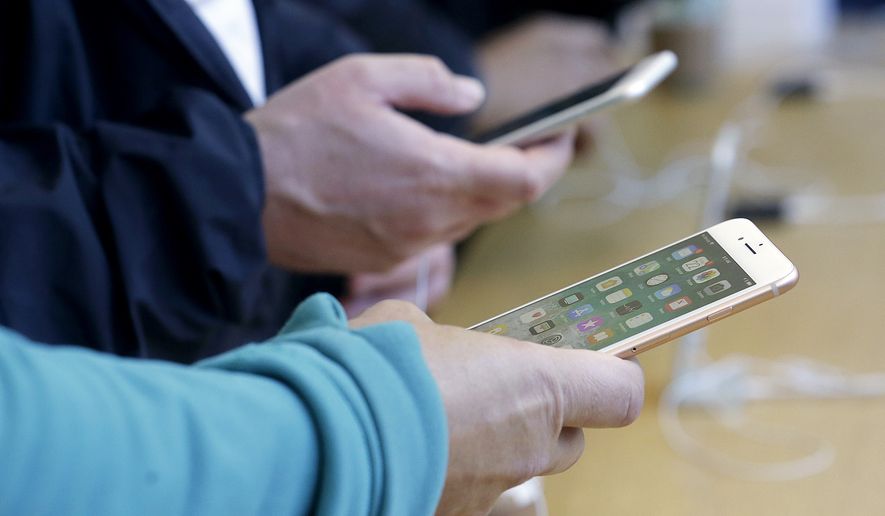Police routinely using dead people’s fingerprints to access iPhones: Report

Law enforcement agencies in the U.S. routinely use the fingerprints of dead people to bypass biometric safeguards meant to protect Apple iPhones from being unlocked, according to a new report.
Forbes reported Thursday that is has become “relatively common” for investigators to try to unlock fingerprint-protected smartphones using the digits of their deceased owners, citing unnamed police sources.
While strong encryption and other security safeguards have made it increasingly difficult for criminal investigators to glean data off certain devices, local and federal authorities have had successes in homicide cases where victims had enabled Apple’s Touch ID fingerprint sensing technology, Forbes reported.
Apple introduced Touch ID in 2013, and the feature has been built-in to its mobile phones beginning with the iPhone 5S model launched that September. The first known instance of authorities using a dead person’s fingerprints to try and unlock a smartphone didn’t happen until a few years later, however, when an FBI agent unsuccessfully tried to access an iPhone recovered from Abdul Razak Ali Artan, a slain Somali refugee accused of conducting a terrorist attack at Ohio State University in Nov. 2016, Forbes reported.
More recently authorities have used the practice to unlock the phones of fatal drug overdose victims while searching for the identities of their dealers, the report said.
The practice is perfectly legal since individuals lose privacy interests in their own body after death, Forbes reported.
“We do not need a search warrant to get into a victim’s phone, unless it’s shared owned,” added Ohio police homicide detective Robert Cutshall, who worked on the OSU case.
Federal and state law enforcement officials have repeatedly decried companies including Apple and Google for commercially offering strongly encrypted cellphones that can’t easily be unlocked by authorities. Addressing the issue in October, Deputy Attorney General Rod Rosenstein said that the FBI had seized in a single year roughly 7,500 cellphones and other mobile devices incapable of being examined for possible criminal evidence.
The FBI has previously paid outside security firms to unlock encrypted devices, most notably after authorities contracted a company to crack into a password-protected Apple iPhone recovered from one of the slain suspects held responsible for the San Bernardino terrorist attack in Dec. 2015.
===================================================================
source:https://www.washingtontimes.com/news/2018/mar/24/police-routinely-using-dead-peoples-fingerprints-a/


Post a Comment Blogger Facebook
EmoticonClick to see the code!
To insert emoticon you must added at least one space before the code.